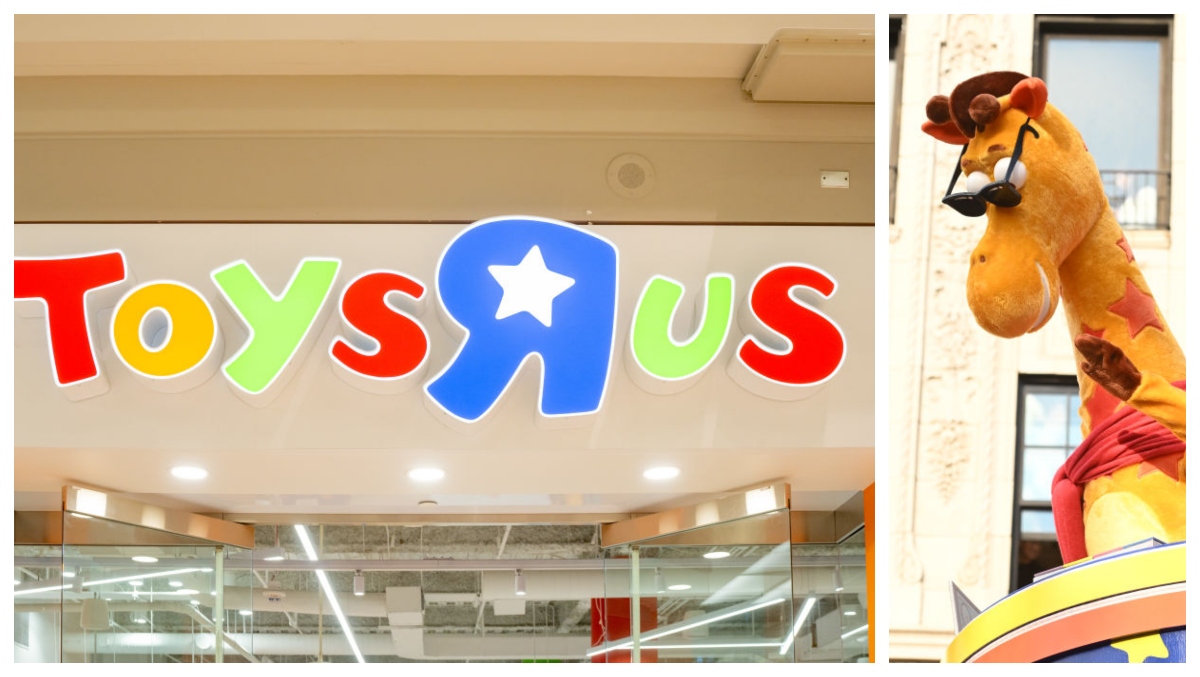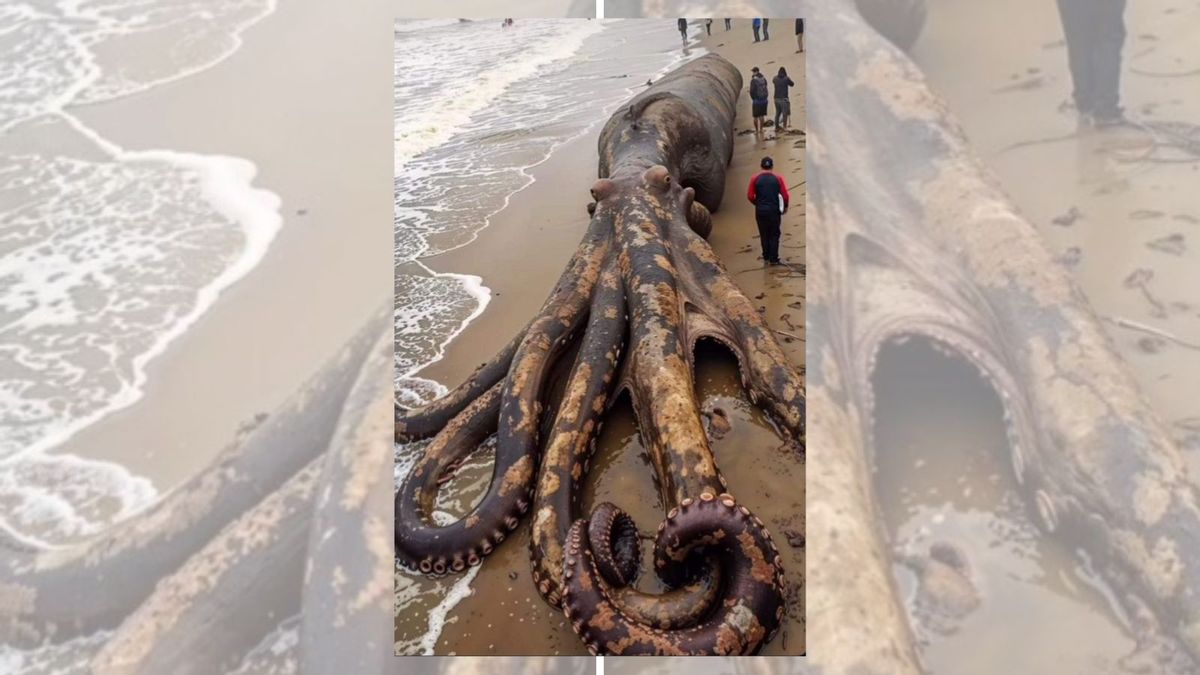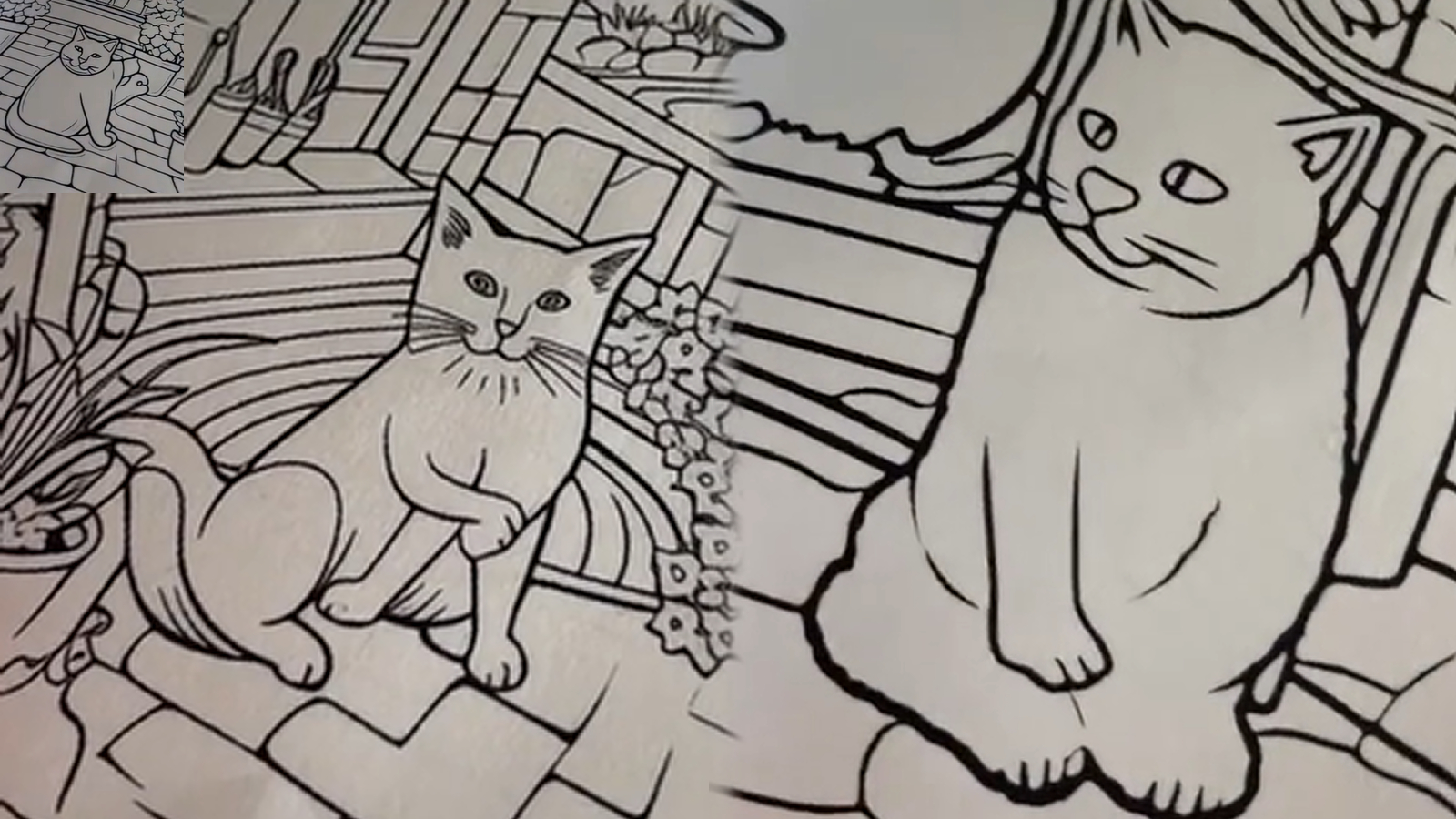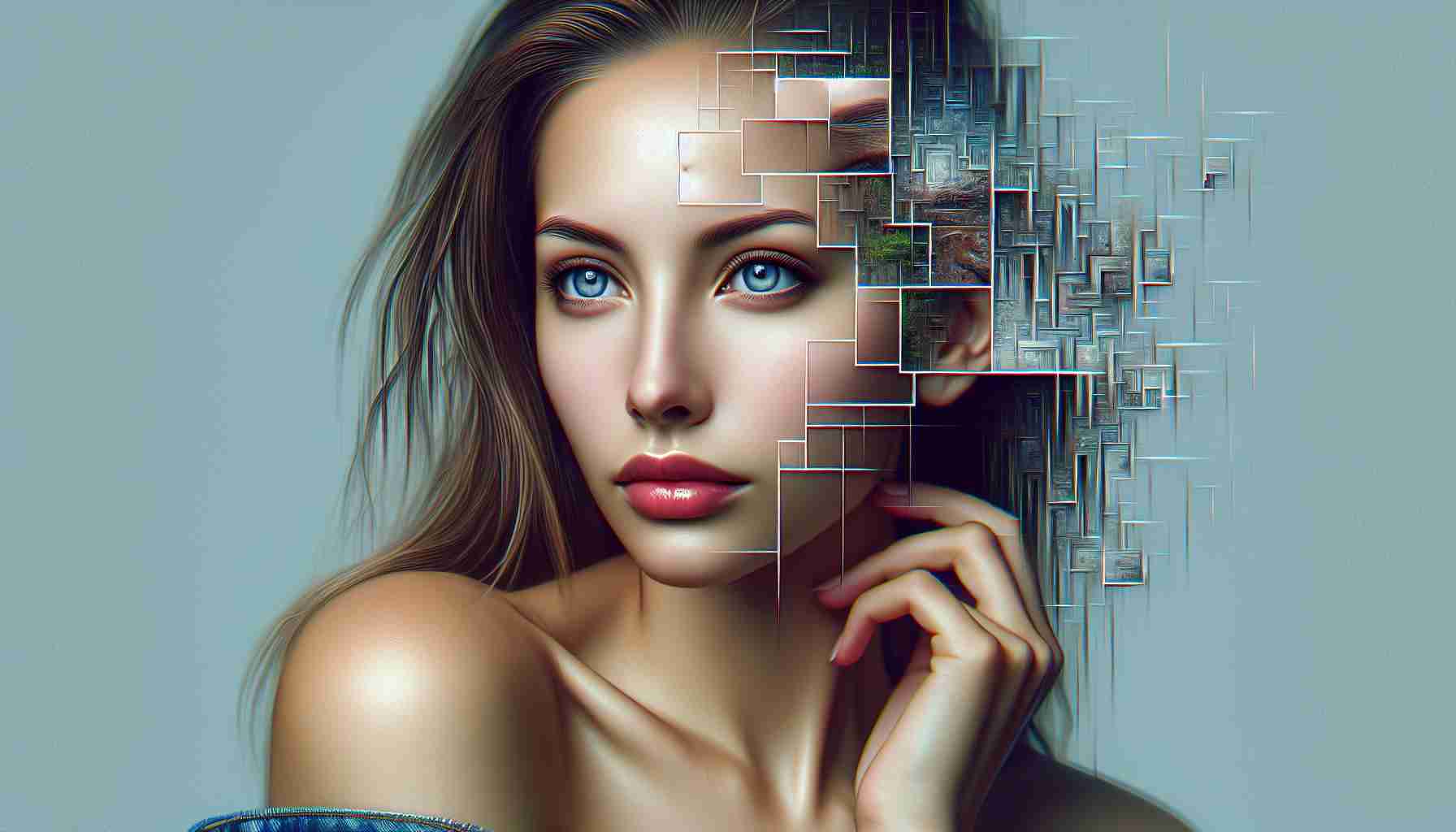






Japanese mangaka Reiji Miyajima, known for his work on the popular series Rent-a-Girlfriend, has ignited a debate about AI art after sharing an AI-generated illustration on his social media profile. Miyajima posted an artificial intelligence image of Chizuru, the main character from Rent-a-Girlfriend, which sparked unwarranted criticism [60ef2503]. The criticism focused on Miyajima's use of AI and his perceived lack of character development in his writing. Despite this, Miyajima's work has been widely accepted, with the Rent-a-Girlfriend manga being published in 35 volumes and selling over 11 million copies [60ef2503].
Miyajima clarified that he only trained the AI with his own illustrations and did not take credit for the AI-generated artwork. He believes that people are using the AI illustration as a way to humiliate him for his objectionable depiction in Rent-a-Girlfriend. Miyajima encourages respectful and courteous expression of opinions regarding AI in art [60ef2503].
This debate comes in the midst of discussions about implementing copyright laws to protect mangaka from AI-generated content [3b2ecaef] [e7ef5279]. The use of AI in creative fields continues to raise questions and spark discussions. The integration of AI in literature, as seen in the award-winning novel 'The Tokyo Tower of Sympathy' by Rie Kudan, has been met with both praise and criticism. While Kudan's use of AI in her novel has been viewed as a creative tool by the selection committee for the Akutagawa Prize, some critics argue that it diminishes the role of human creativity. The New York Times draws parallels between the impact of AI in literature and the emergence of automation in the textile industry, suggesting that intellectual labor may undergo a transformation similar to the Industrial Revolution, with AI potentially taking on a larger role in the creation of written content [4a217c6c].
In a related development, bestselling author Nire Shūhei has released a new novel titled 'Genkai kokka' (Marginal Nation) that explores the challenges faced by Japan, including depopulation, rapid change, and the impact of AI on professional lives. Shūhei's novel highlights the need for serious discussion and preparation for the future, as well as the importance of addressing societal issues such as the falling birthrate and improving prospects for raising children. The author also criticizes the political and economic elite in Japan for their resistance to change, emphasizing the inevitability of change and the need to embrace new ideas and approaches [4a217c6c].
The debate surrounding AI art extends beyond literature and manga. The use of AI in visual art has also garnered attention. Reiji Miyajima's AI-generated illustration in the Rent-a-Girlfriend series is just one example of how AI is being incorporated into the artistic process. The discussion about AI art raises questions about the role of AI in creative works and the protection of artists' rights. As the regulation of AI in creative fields continues to evolve, it is important to consider the implications and ensure that artists are properly recognized and protected [e7ef5279].
AI-enhanced photo editing tools like Google's Magic Editor are redefining the boundaries between art and reality. They transform standard photographs into abstract creations, pushing the limits of creativity. However, AI often produces eerie and surreal results when interpreting animals in images, creating unsettling and distorted versions of them. AI's visual interpretation of animals can be unpredictable and sometimes lacks contextual understanding. The controversies associated with AI-generated imagery include concerns about image authenticity, deepfake technology, and the impact on traditional photography and creative industries. Advantages of AI photo editing include enhanced creativity, faster editing process, and customized results. Disadvantages include loss of authenticity, unpredictability, and depersonalization. AI still has much to learn about the natural world, and its creations offer a glimpse into its surreal digital psyche [1120b9e0].
A woman named Annie went viral on TikTok after sharing an AI-generated coloring book called 'Curious Kitty's Adventures' that depicted cats with extra limbs, bizarre lumps, and misshapen blobs. The coloring book was purchased from Temu, a Chinese online marketplace known for its discounted prices. The video garnered over one million views, with viewers comparing the unusual cats to those seen in Renaissance paintings. Many pointed out that the pictures shared the same background and appeared to have been made using the same prompt. Annie later shared a video revealing where to find the coloring book on Temu and admitted that the cat's deformities could be seen in the pictures available on-site [9077316f].
An authentic photograph of a massive octopus washed up on the coast of Indonesia went viral on June 4, 2024. However, the image is fake and generated by artificial intelligence (AI). The image was shared on Instagram by @best_of_ai_, a self-described 'Digital Creator' who experiments with different AI engines. The earliest example of the image was found on their Instagram account four days before it went viral. The image is titled 'The Mourning of the Abyssal Titans' and is described as a fictional creation. The Instagram account displays a collection of AI-generated images that are clearly not real. If the image had been of a genuine octopus of that size, it would have been covered in environmental news stories and had a verifiable source [75e648cb].
Recent viral images from the Outer Banks have raised concerns about AI-generated fakes and misinformation online. One image of an orca spotted off the coast of Cape Hatteras was called into question after it was discovered that some frames were from an old Powerade commercial. The fishing store that shared the images has since deleted the post. Another Outer Banks-focused account, known for manipulated viral posts, shared images of a pink dolphin that were AI-generated. The images were shared by tens of thousands of people online. The founder of the account, Alex Lex, has previously acknowledged that many of the posts are made using Photoshop and AI. The evolution of AI-generated images is a concern, as they are becoming more realistic and harder to detect. Experts warn that the spread of disinformation through AI-generated images can have serious consequences, especially in high-stakes situations like elections. It is important for people to verify images before sharing them online and to be cautious of content from unfamiliar sources.
Toys 'R' Us is facing backlash for launching a new commercial featuring a child made out of AI-generated characters instead of real children. The 60-second commercial tells the story of how Toys 'R' Us came to be, but the AI characters are being criticized as creepy and weird. The company's decision to use AI instead of real humans has been met with criticism on social media, with many comparing the new commercial to the company's classic commercials. People are questioning why the company didn't use a child actor instead of AI editing. The use of AI in the commercial is seen as a frustrating move by those who grew up near Toys 'R' Us and value real people over computer-generated characters. [2c0c0b39]